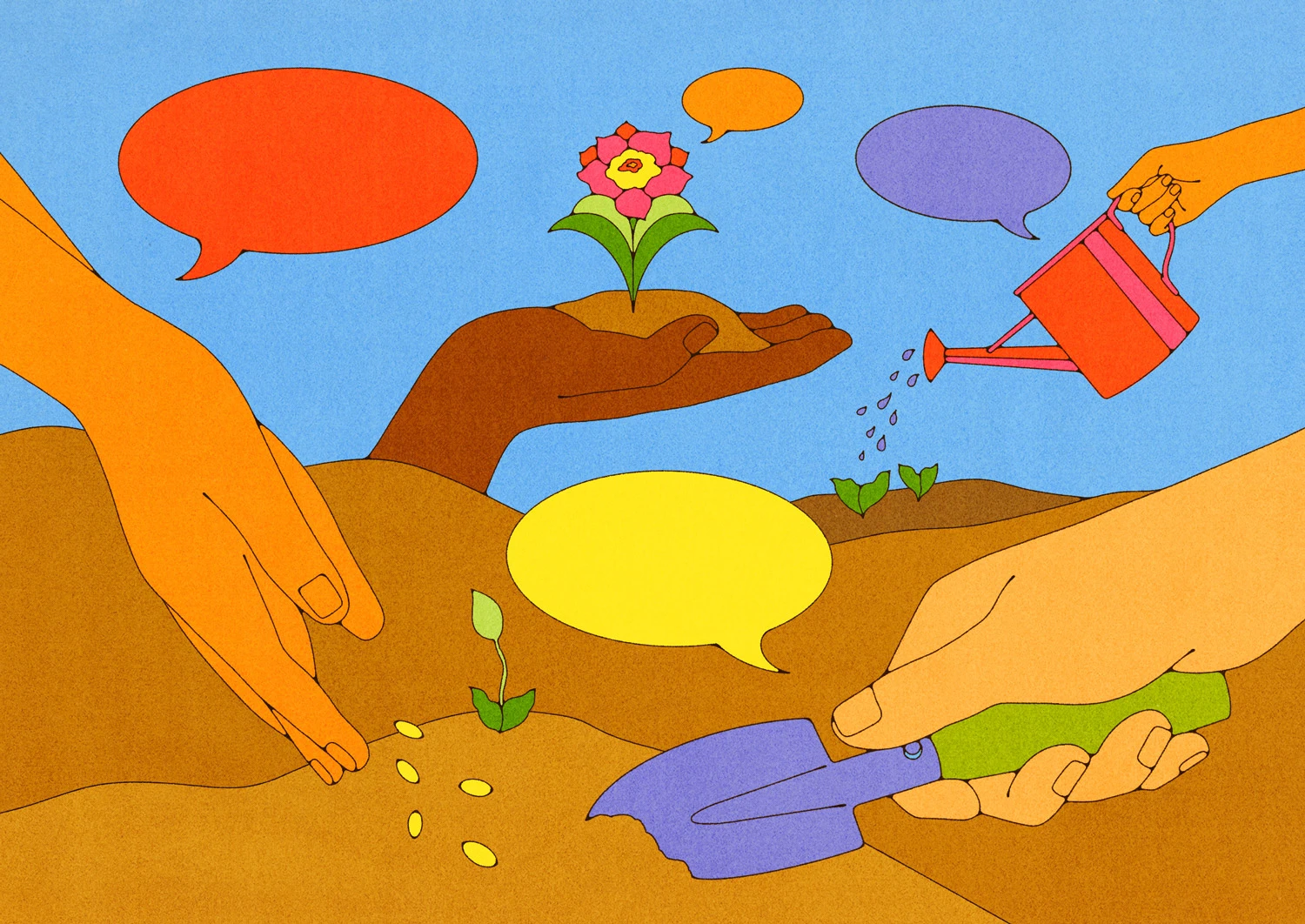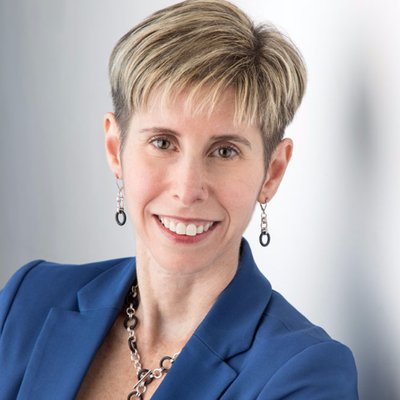Last January, the University of Toronto landed on an innovative way to help elevate the tenor of debates that sometimes occur across its three campuses: it created a new senior advisory role dedicated to fostering civil discourse.
Now serving in that position – the first of its kind at a Canadian university – is English professor and writer Randy Boyagoda. In an interview in July, he was quick to clarify that he had no intention of clamping down on dissent, but would strive to promote informed, constructive and respectful dialogue about hot-button topics.
“I’m not some kind of czar, policing politeness,” he says. “There has to be a space on university campuses for dissent and protest.” Civil discourse, he observes, is about seeking “understanding from a place of curiosity and empathy, and recognizing the inherent dignity of the other person and that we are in a community of people thinking out loud together.”
The encampment that occupied King’s College Circle for two months this past summer presented an enormous challenge to Boyagoda’s idea of community. But he notes, too, that he is not the “advisor on civil discourse about Israel and Palestine.” Impolite and even hostile exchanges cover a wide range of issues and have had a long history in the academy. “It would be absurd to pretend that civil discourse at the University of Toronto was robust and healthy on October 6, and then something changed suddenly on October 8.”
In the classroom, lapses in decorum may arise in spirited debates on sensitive topics. Brian Silverman, a professor of strategic management, engages his graduate students in discussing the social, economic and environmental impacts of Walmart’s operating practices, and how Elon Musk’s often-controversial public comments affect Tesla’s business. Students share strong and sometimes opposing opinions, but Silverman says he can generally prevent conversations from overheating or becoming personal by refocusing students on curiosity and understanding, and getting them to consider why they feel so strongly about an issue.
Staying calm, giving each other the benefit of the doubt, and being as precise as you can with language can reap intellectual rewards”
“It’s all about trying to surface the underlying assumptions driving different points of view,” says Silverman. “That’s the kind of discussion we’re trying to have.”
Student interactions can get angry in virtual settings, too. During a pandemic-era online class in Introduction to Philosophy, Prof. James John discussed with his 300 students the book The Racial Contract by Charles Mills, which deals with themes of white supremacy and the oppression of non-whites. Because he can’t monitor the conversation as he teaches, John usually disables the platform’s chat function. But this time he forgot, and the chat devolved into name-calling among students who disagreed about whether the author was racist. When John later saw the exchange in a transcript of the chat, he addressed the situation with the students in the following class, highlighting the learning benefits of considerate engagement.
“Staying calm, giving each other the benefit of the doubt, and being as precise as you can in the language you use can reap intellectual rewards,” John says he told the students, “but it also helps you to see where someone else is coming from and to try to make progress as partners in a joint conversation.”

One has only to listen to politicians or tune into the news to see that the erosion of respectful debate is occurring across society. But at U of T, Boyagoda also sees evidence of the pandemic’s lingering effects, especially the mandated online “atomized learning” for youth in high schools that he says left some current U of T students without the learning experiences to engage with each other productively, in person, on difficult subjects. He also says the elevation in recent years of people’s lived experiences as a valid way to engage with academic topics bolsters the idea that research findings or academic theory that don’t align with one’s own experience are not as authoritative as they were once thought to be. This trend has called into question traditional disciplinary expertise, creating challenges for how professors share knowledge and guide discussions.
As well, the ways in which social media allows disinformation to spread and how it induces self-censorship to avoid “cancellation” can also inhibit open, honest dialogue, Boyagoda says. “How do you draw on the fullness of who you are in a way that’s publicly available for others to engage with, and have it not be a source of anxiety for either person?”
As he explores how to improve the culture of civil discourse among U of T community members, Boyagoda can draw on his diverse professional experiences in addressing challenging subjects. As a novelist and essayist, he has written about race, religion, immigration and identity, and also commented extensively on the life and work of Salman Rushdie. As a former president of PEN Canada, the non-profit that defends freedom of expression and aids imperiled writers, he often had to navigate members’ conflicting opinions.
This fall, together with professors Silverman and John and other members of the university’s working group on civil discourse that he chairs, Boyagoda will consult with university community members to hear their views, experiences and suggestions. During Boyagoda’s 18-month appointment, the working group will also develop a definition of civil discourse, propose programming to foster respectful engagement, and produce a report of their findings and recommendations.
“Civil discourse is about recognizing that disagreement and difference are actually good things if they lead to an increase in shared understanding of an issue or idea,” Boyagoda says. “All of this is in support of advancing knowledge, the pursuit of truth and the common good.”







No Responses to “ U of T Advisor Aims to Foster Civil Discussion on Tough Topics ”
This sounds like an interesting opportunity for voices that are increasingly oppressed in the current mainstream “woke“ narrative. I’ll be interested in particular to follow any conversations around women’s sex-based rights and the invasion of women’s spaces by of trans-identified men and their allies. Currently any dissenting women’s voices on this topic seem to be stamped out by those in support of the gender ideology community.
Learning not only to listen but to understand both sides with empathy is a vital undertaking for the university and in turn the public. I extend my very best wishes for success in this initiative.
I recommend listening to the podcast Dialogue Works, with Nima Alkhorshid.